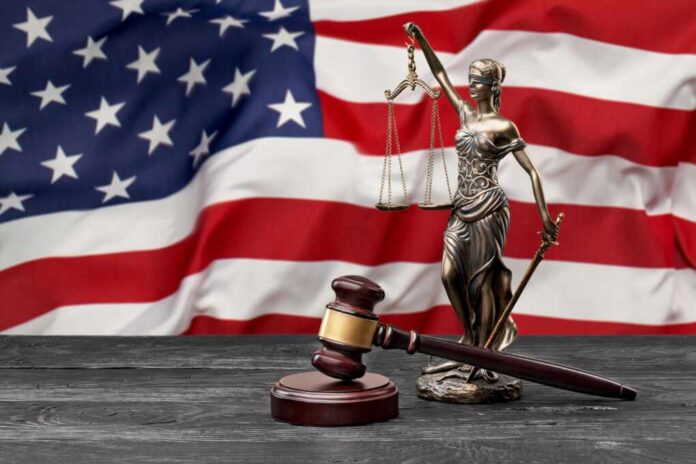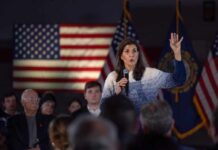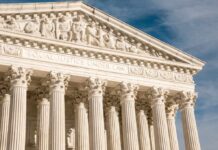
In a win for free speech, the U.S. Supreme Court has ruled that citizens can, in certain cases, sue government officials or agencies who block or censor content on social media.
The ruling noted that establishing whether a lawsuit has standing will be determined by who was blocked, who blocked content and whether or not that action occurred under the auspices of official government business.
🚨BREAKING: The Supreme Court unanimously ruled that members of the public in some circumstances can sue public officials for blocking them on social media platforms.
The court ruled that officials can be deemed "state actors" when making use of social media and can therefore… pic.twitter.com/YAP89z3fLf
— I Meme Therefore I Am 🇺🇸 (@ImMeme0) March 15, 2024
CNN legal analyst Steve Vladeck said of the court’s decision: “Today’s ruling splits the difference between two fairly extreme poles.”
Vladeck clarified: “As opposed to a rule that public officials are always state actors on social media, or are never, the court is clarifying the specific circumstances in which, even through a personal account, a public official is still constrained by the First Amendment in how they interact with their constituents.”
CNN reported that lower courts will now have to determine liability on a case-by-case basis.
The ruling follows last September’s 5th Circuit Court decision that found Biden administration officials and agencies inappropriately exercised “content moderation on social media platforms.”
The New Civil Liberties Alliance reported that the Circuit Court determined that White House officials, the CDC, FBI and U.S. Surgeon General’s office “violated the First Amendment by coercing or significantly encouraging social media platforms to censor our clients.”
Posts related to the COVID-19 pandemic represented the content category most often blocked or censored by federal officials.
The unanimous decision concludes two cases brought forward by plaintiffs in California and Michigan.
In the California case, Poway Unified School District Board of Trustees members Michelle O’Connor-Ratcliff and TJ Zane blocked and censored parents Christopher and Kimberly Garnier from commenting on the school’s posts on Facebook and X. Lower courts ruled against the school district officials.
In the Michigan case, Port Huron City Manager James Freed blocked a local resident from posting criticism regarding the city’s response to the COVID-19 pandemic. In that case, the lower court sided with the city manager.
NBC News reported that Justice Amy Coney Barrett wrote the opinion for the first decision — the second opinion was unsigned but also noted no dissents.
Barrett warned that government officials should recognize the weight their social media-related comments and actions can have, noting that social media accounts can be viewed as official channels of communication if the user “possessed actual authority to speak on the state’s behalf” and then “purported to exercise that authority.”
PBS profiled today’s ruling.
WVTM 13 reported that the high court will soon hear a similar dispute regarding social media censorship in cases brought forward by Texas and Florida.
































